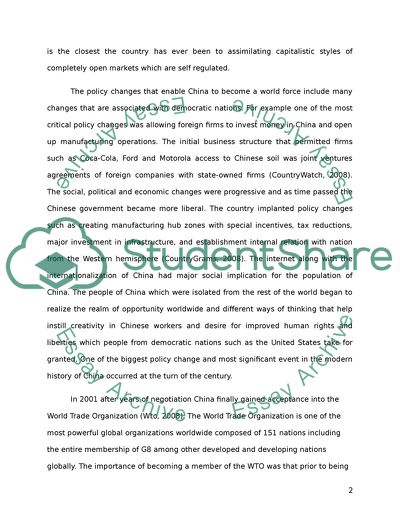Cite this document
(The History of the Chinese Economy Essay Example | Topics and Well Written Essays - 1500 words, n.d.)
The History of the Chinese Economy Essay Example | Topics and Well Written Essays - 1500 words. https://studentshare.org/macro-microeconomics/1712635-chinese-economy
The History of the Chinese Economy Essay Example | Topics and Well Written Essays - 1500 words. https://studentshare.org/macro-microeconomics/1712635-chinese-economy
(The History of the Chinese Economy Essay Example | Topics and Well Written Essays - 1500 Words)
The History of the Chinese Economy Essay Example | Topics and Well Written Essays - 1500 Words. https://studentshare.org/macro-microeconomics/1712635-chinese-economy.
The History of the Chinese Economy Essay Example | Topics and Well Written Essays - 1500 Words. https://studentshare.org/macro-microeconomics/1712635-chinese-economy.
“The History of the Chinese Economy Essay Example | Topics and Well Written Essays - 1500 Words”. https://studentshare.org/macro-microeconomics/1712635-chinese-economy.


